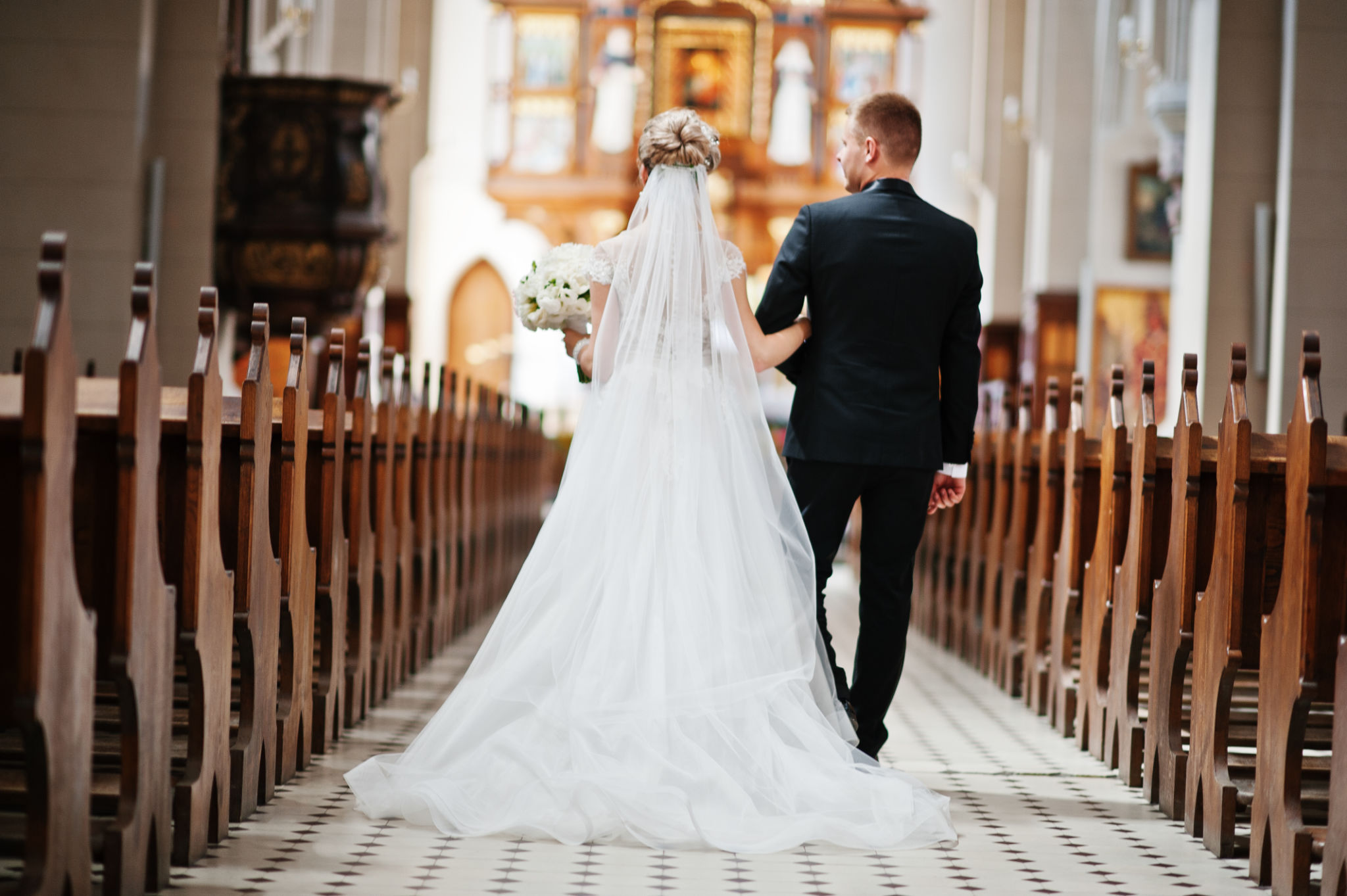Understanding the Impact of Faith on Texas Marriage Laws: A Historical Perspective
The Foundation of Marriage Laws in Texas
Marriage laws in Texas have evolved significantly over the years, deeply influenced by religious beliefs and cultural norms. Understanding the impact of faith on these laws requires delving into the history and societal values that shaped them. From the early days of settlement to modern legal frameworks, religious doctrines have played a pivotal role in defining marriage in the Lone Star State.

In the early 19th century, Texas was a melting pot of cultures and religions, each bringing its own customs and beliefs about marriage. The Spanish influence, primarily Catholic, laid the groundwork for many early marriage laws. These laws were heavily intertwined with religious practices, emphasizing the sanctity of marriage as a divine institution.
The Influence of Catholicism and Protestantism
Catholicism's strong presence in Texas during its early years was evident in the marriage laws that prioritized religious ceremonies and church authority in marital matters. As Protestant settlers arrived, they brought different perspectives, advocating for more individual freedom and less church intervention. This led to a gradual shift in how marriage was viewed and legislated.
Both Catholic and Protestant beliefs underscored the importance of marriage for societal stability. However, their differences sometimes led to tensions and legal challenges, influencing the evolution of marriage statutes. The interplay between these two dominant religious forces shaped a unique legal landscape where both faiths left an indelible mark.

20th Century Changes and Legal Reforms
As Texas entered the 20th century, societal changes prompted significant legal reforms. The separation of church and state became more pronounced, leading to a re-evaluation of marriage laws. Despite this shift, faith continued to influence legislation, especially in areas like divorce and annulment, where moral and ethical considerations remained tied to religious teachings.
The introduction of civil marriage ceremonies offered an alternative to religious rites, reflecting a broader acceptance of diverse beliefs. This was a crucial development, as it allowed individuals from various backgrounds to marry without religious constraints, broadening the definition of marriage in Texas.

Contemporary Perspectives on Faith and Marriage Laws
In today's Texas, marriage laws continue to reflect a balance between tradition and modernity. Faith-based perspectives remain influential, especially in communities where religion plays a central role in daily life. However, contemporary legal frameworks strive to accommodate a wider array of beliefs and practices.
The recognition of same-sex marriage was a landmark moment in Texas history, highlighting the dynamic nature of marriage laws. While this decision faced opposition from some religious groups, it underscored the ongoing dialogue between faith and law, pushing for inclusivity and equality.

The Ongoing Dialogue Between Faith and Law
The relationship between faith and marriage laws in Texas is an evolving narrative. As society progresses, so too does the conversation about how best to honor both religious traditions and individual rights. This dialogue is crucial for crafting laws that respect diverse beliefs while ensuring fairness and justice for all Texans.
Understanding this historical perspective helps illuminate the complexities of current debates surrounding marriage laws. It also serves as a reminder of the profound impact faith has had—and continues to have—on shaping these essential legal structures.